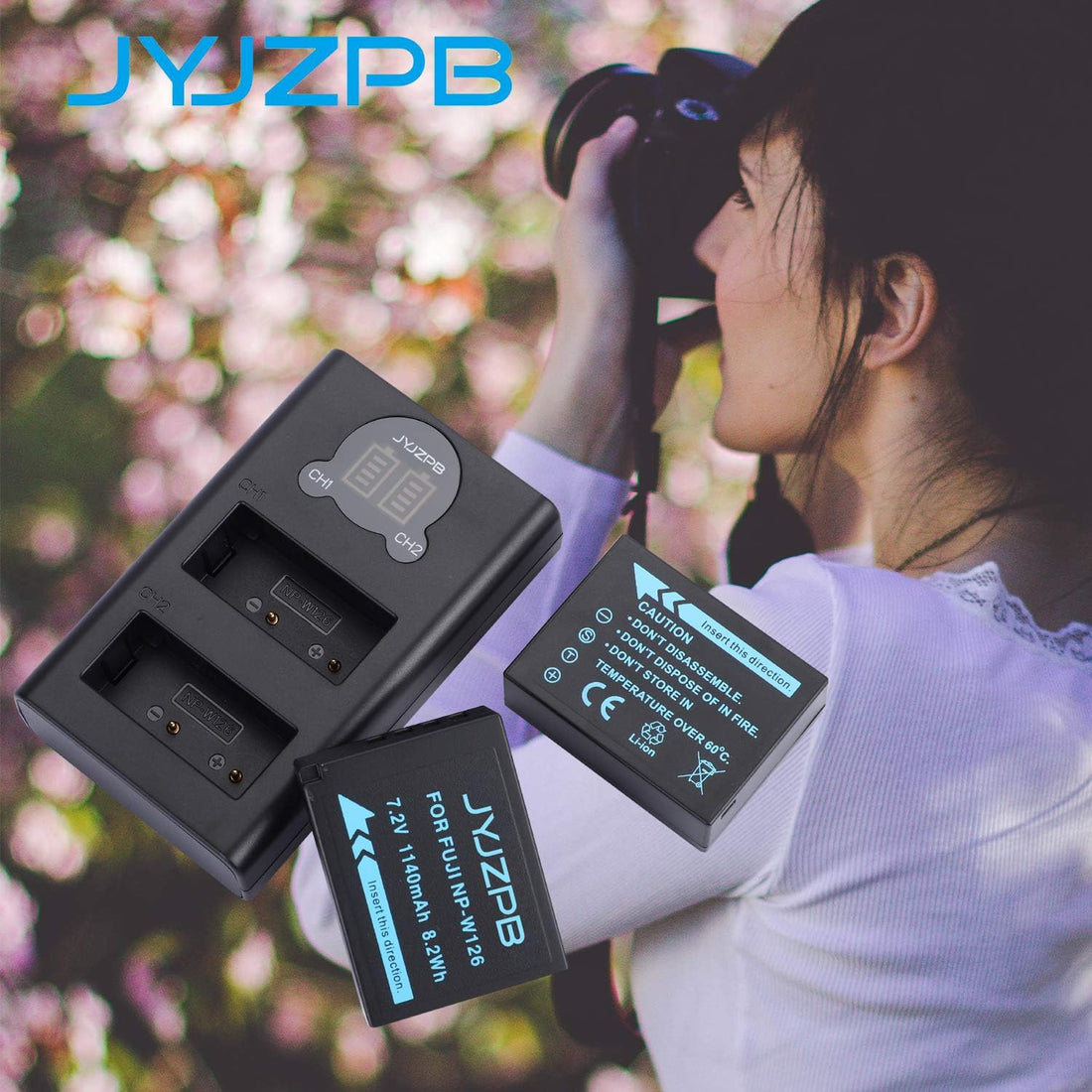Camera batteries are essential for powering digital cameras, allowing them to capture photos and videos. The type of battery used in a camera can vary depending on the camera model and brand. Here are some common types of camera batteries:
Lithium-Ion (Li-Ion) Batteries: Li-Ion batteries are widely used in modern digital cameras battery due to their high energy density, lightweight design, and longer runtime. They offer good power output and have no memory effect, allowing them to be recharged at any time. Li-Ion batteries are commonly used in DSLR cameras, mirrorless cameras, and advanced compact cameras.
Proprietary Batteries: Many camera manufacturers develop proprietary batteries specifically designed for their camera models. These batteries are often branded with unique names or model numbers. For example, Canon uses LP-E6 for some of its DSLR cameras, while Nikon uses EN-EL14 for certain DSLR and mirrorless cameras. These proprietary batteries may have specific designs or features tailored to the camera's power requirements.
AA or AAA Batteries: Some cameras, particularly point-and-shoot or compact cameras, may use standard AA or AAA batteries for power. These cameras often have the option to use disposable alkaline or rechargeable NiMH batteries. However, compared to Li-Ion batteries, AA or AAA batteries tend to have shorter lifespans and may provide less power.
It's important to note that different camera models have specific battery requirements, and using the incorrect type or an incompatible battery can result in poor performance or potential damage to the camera. Always refer to the camera's user manual or manufacturer's guidelines to determine the appropriate battery type and specifications for your camera.
Additionally, it's recommended to purchase genuine batteries from reputable sources or directly from the camera manufacturer to ensure compatibility and quality. Third-party batteries may work in some cases, but their performance and reliability can vary.
